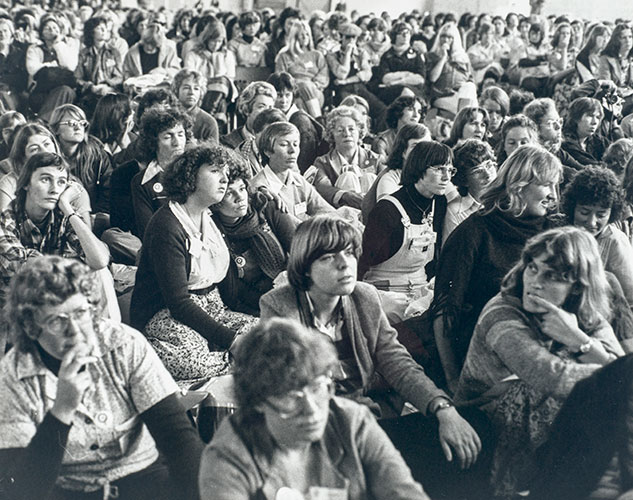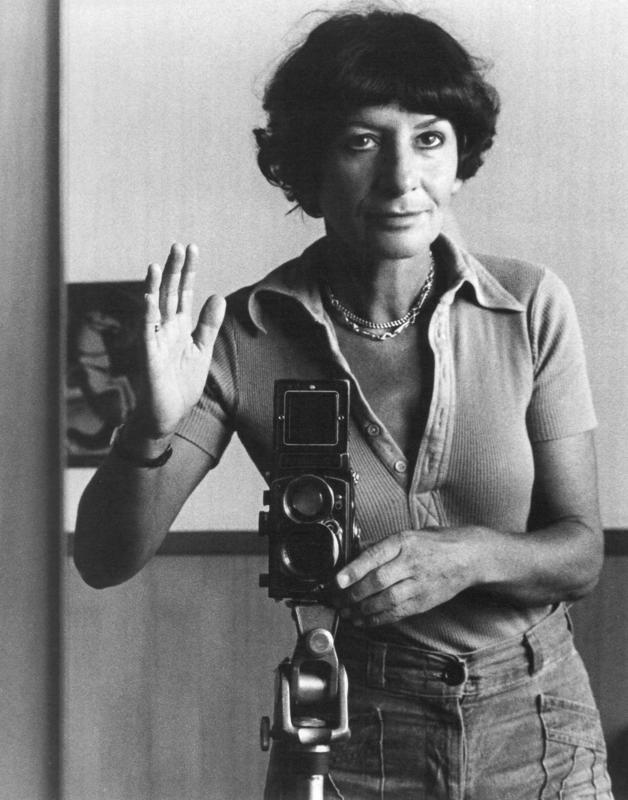27 November 2018
The UNESCO Memory of the World New Zealand Trust has announced the inscription of the Marti Friedlander Archive, held by Auckland Art Gallery Toi o Tāmaki’s E H McCormick Research Library, to its documentary heritage register.
The Memory of the World register highlights significant documentary heritage from around the world, and demonstrates the importance of preserving and providing access to all documentary heritage.
The Marti Friedlander Archive is among eight new inscriptions announced this year by the Trust, with each deemed a valuable source of research for historians, researchers, educators and many others in New Zealand and the world.
The Memory of the World New Zealand Trust Chair Bruce Ralston said: ‘These eight new inscriptions demonstrate the many different forms that documentary heritage take, from 1800s writing slates to oral history recordings in the 1990s. It is valuable for our sense of identity. It records our history and helps us understand how we have become the society we are. But it is fragile and can be taken for granted.’
‘Through UNESCO’s Memory of the World scheme the preservation and access to our memory through documentary heritage is brought to public awareness.’
Marti Friedlander (1928–2016) was a pre-eminent New Zealand photographer whose images and correspondence constitute the Marti Friedlander Archive.
The archive spans Friedlander’s entire career after her arrival in New Zealand from the United Kingdom in 1958 onwards. Friedlander’s photographic subjects include Māori kuia with moko, artists and writers, important events in New Zealand’s social history including images relating to the womens movement, Israel in the 1960s, Tokelau and other Pacific nations in the 1970s and documentation of the establishment of our country’s wine industry from the 1960s on.
The Archive includes approximately 5000 photographic prints in the archive and the same number of sleeves containing film negatives.
Catherine Hammond, manager of the E H McCormick Research Library at Auckland Art Gallery says, ‘Marti Friedlander’s extraordinary photographic archive is hugely significant to the people of Aotearoa New Zealand. She captured the diversity of the country and her photographic work provides vital insight into a period of significant social change from the 1960s onwards. She brought an immigrant’s perspective on her adopted country and in doing so “showed New Zealanders to themselves.”’
‘The archive’s inclusion on the register is an important acknowledgment of her important contribution to the documentary heritage of New Zealand.’
Photographs by Marti Friedlander are currently on display at Auckland Art Gallery in Collective Women: Feminist Art Archives from the 1970s to the 1990s.

